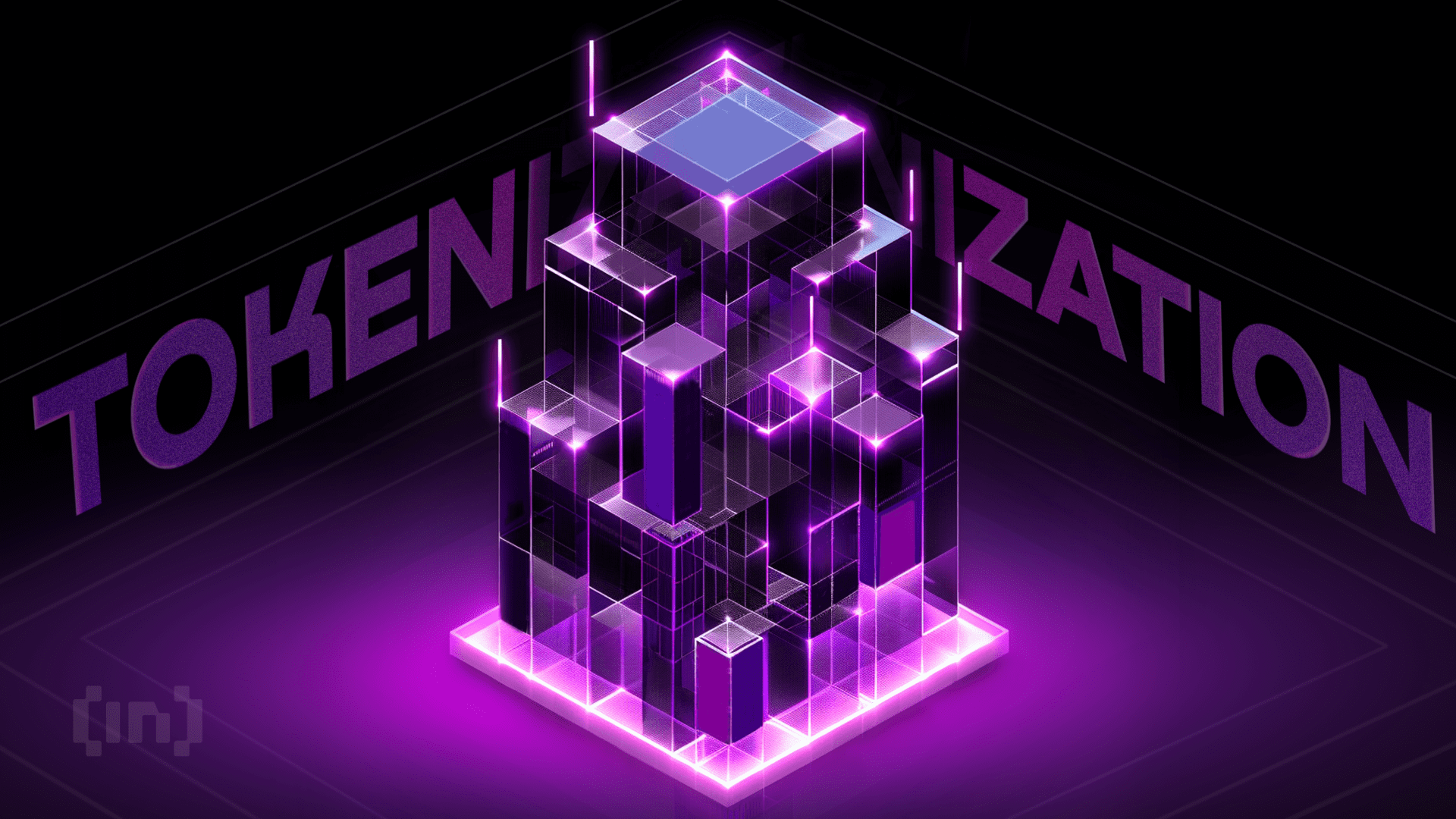Interest in the tokenization of real assets (RWA) is surging, led by financial giants such as BlackRock, Fidelity, and JPMorgan.
This trend represents a significant shift in the financial industry, demonstrating the increasing adoption of blockchain technology to improve the efficiency and accessibility of capital markets.
BlackRock, Fidelity, JP Morgan, Tokenize Real Assets
Fidelity International’s recent announcement that it is joining JPMorgan’s tokenized network is a significant milestone. According to Kaiko analysts, this move positions Fidelity alongside other major players in the tokenization sector. This collaboration highlights the growing interest in leveraging blockchain for real-world applications.
BlackRock’s BUIDL, a tokenized liquidity fund, exemplifies this trend. Launched in March, BUIDL has amassed over $460 million, surpassing several cryptocurrency-based companies such as Maple Finance. Despite Maple’s recovery from the cryptocurrency lending collapse in 2022, its cash management fund lagged behind with approximately $16 million in assets, highlighting BUIDL’s success.
“Since its launch in March, BlackRock’s BUIDL has outperformed several cryptocurrency-based firms, including Maple Finance’s Cash Management Fund, which focuses on short-term cash products,” Kaiko analysts wrote.
Read more: How to Invest in Real Crypto Assets (RWA)?
The appeal of blockchain technology lies in its potential to transform capital markets. Maredith Hannon, Head of Business Development at WisdomTree, highlights this, stating that blockchain can solve infrastructure problems and open up new investment opportunities. The technology’s ability to streamline workflows and improve payment times is particularly appealing.
At the heart of this transformation are smart contracts, which automate transactions by executing predefined conditions without intermediaries. These self-executing contracts ensure transparency and efficiency and record operations on the blockchain. For example, in securities lending, smart contracts can automate operations, reduce errors, and create standardized identity credentials.
“Smart contracts provide an opportunity to streamline and systematize many of the multi-step or manual transactions in today’s traditional financial markets. This can be used to share identities across financial firms and use credentials to eliminate counterparty risk and verify whether an investor can hold a particular private equity fund based on location or investor status,” Hannon wrote.
Read more: What are the implications of real world asset (RWA) tokenization?
Collaborations such as that between Citi, Wellington and DTCC Digital Assets on the Avalanche Spruce Subnet demonstrate the practical application of smart contracts. These initiatives demonstrate how tokenization can improve operational efficiency and reduce counterparty risk.
However, transitioning to digital infrastructure comes with challenges. Legal considerations, identity standards and data privacy must be carefully assessed in collaboration with regulators. The financial services industry must work together to build an identity infrastructure that supports widespread tokenization adoption while ensuring security and compliance.
disclaimer
In compliance with Trust Project guidelines, BeInCrypto is committed to unbiased and transparent reporting. These news articles aim to provide accurate and timely information. However, before making any decisions based on this content, readers are encouraged to check the facts and consult with experts. Our Terms of Use, Privacy Policy and Disclaimer have been updated.

